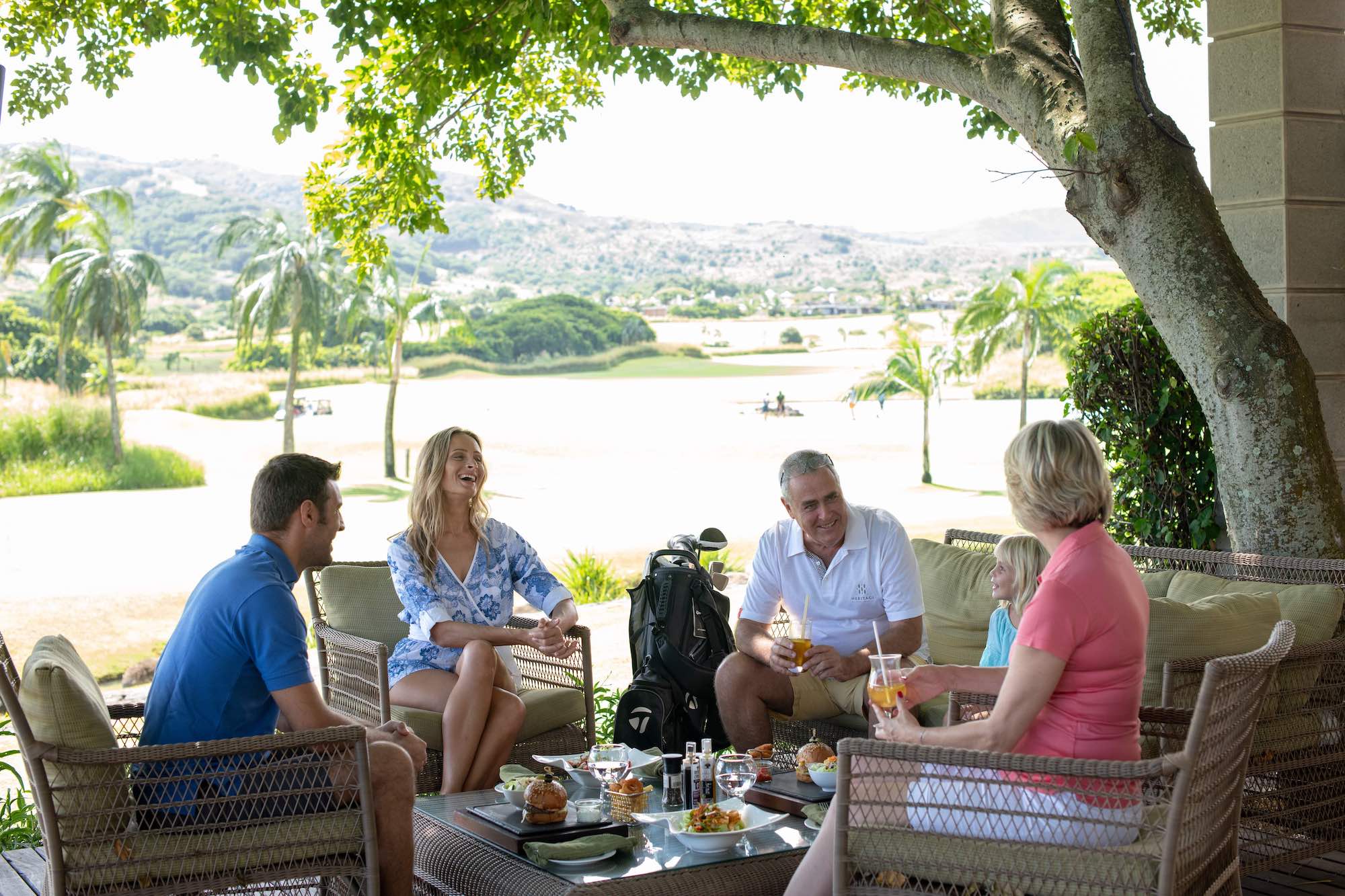South Africans buying property in Mauritius

The top 5 things to consider when buying property in Mauritius
More and more South Africans are investing in their future homes here in Mauritius. Lifestyle, language, culture and business are listed as great reasons for them to move their families to our beautiful tropical island.
Amongst the top 5 reasons for South Africans to move to Mauritius is the tax incentive. The new government policy of foreigners buying property priced as from USD 375,000 and upwards and benefitting from a privilege of permanent residency is also a major reason.
Understanding the legislations of both Mauritius and South Africa and how they impact you should be researched before you decide to move to Mauritius.
If you are seeking to buy in Mauritius, we recommend you consider these below points:
1. Will this be a secondary property for investment purposes, and to generate rental returns?
2. Will you buy a primary property as your residence as you move to live in Mauritius?
3. Are you a South African tax resident and will remain as one for the foreseeable future?
4. Do you possess offshore assets in your portfolio, and what existing structures do you have in place to house these? Do you intend to grow this international asset portfolio?
5. How many days a year would you intend to be a resident in Mauritius?
Criteria to buy property in Mauritius?
South Africans can only buy property in Mauritius within a government-approved scheme specially created for foreign investment and purchase, such as the Property Development Scheme, Integrated Resort Scheme or Real Estate Scheme and Ground + 2 Scheme.
You can buy property as:
• A natural person, whether a citizen of Mauritius, a non-citizen or a member of the Mauritian diaspora
• An incorporated or registered company under the Companies Act
• A ’société’, where its deed of formation is deposited with the Registrar of Companies
• A limited partnership under the Limited Partnerships Act
• A trust, where the trusteeship services are provided by a qualified trustee
• A foundation under the Foundations Act
Note: A qualified global business as defined under the Financial Services Act 2007 holding a Global Business Licence may acquire property under the PDS.
Tax Advantages when Investing in Mauritius
• No capital gains tax
• No inheritance, wealth or gift tax
• Flat 15% individual tax rate
• Corporate tax rate of 15% or lower
• No exchange control
• Strong tax treaty network
• No dividend, interest or royalties withholding taxes.
What happens to your property in Mauritius when you die?
There is no inheritance tax in Mauritius. However, the “forced heirship” rules mean that you are not completely free to decide how your assets are disposed of upon death. A certain portion will be reserved for your heirs.
The unreserved portion may, however, be freely bequeathed to any person or entity. This reserved portion varies depending on the number of heirs you have, and it is important to note that this does not include your spouse. Immovable property in Mauritius is governed by this law, and movable property can also be affected depending on the last domicile of the deceased.
It is therefore advisable to draw up a legal Mauritian will to deal with the ‘unreserved portion’ of any assets affected by the Mauritian succession laws.
In Mauritius, a loan to a Mauritian trust or company (to buy the property), and the shares in the company, are both considered movable assets.
South African Rules
If you buy a property in Mauritius in your own name, it will form part of your estate so remember the Mauritian forced heirship rules when drafting your South African will. In addition, while estate duty will be payable on it in SA there is no estate duty in Mauritius.
If you buy the property through a Mauritian company owned by a South African resident, the shares in the company will form part of your estate in SA.
Share



